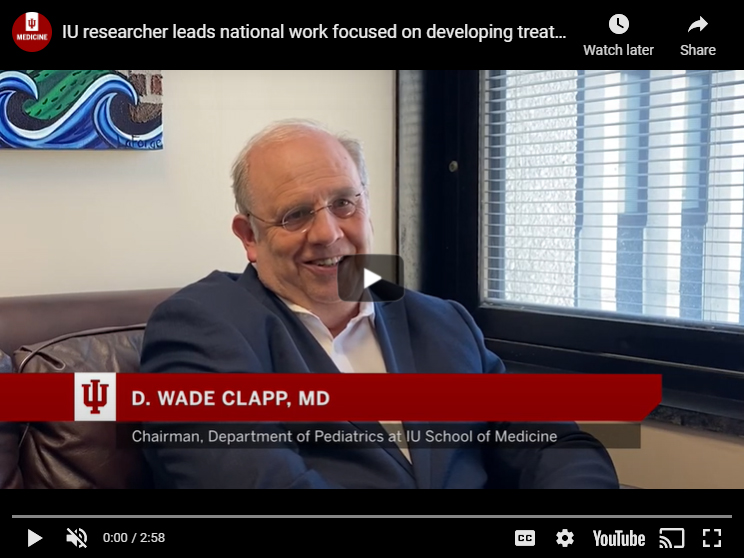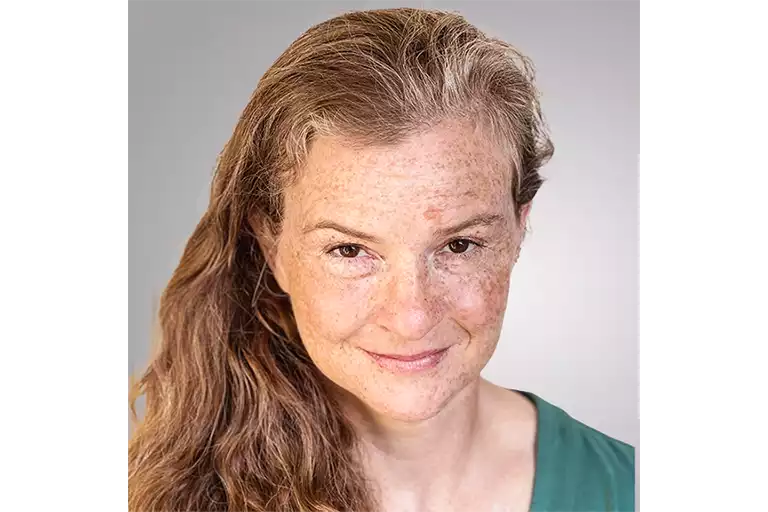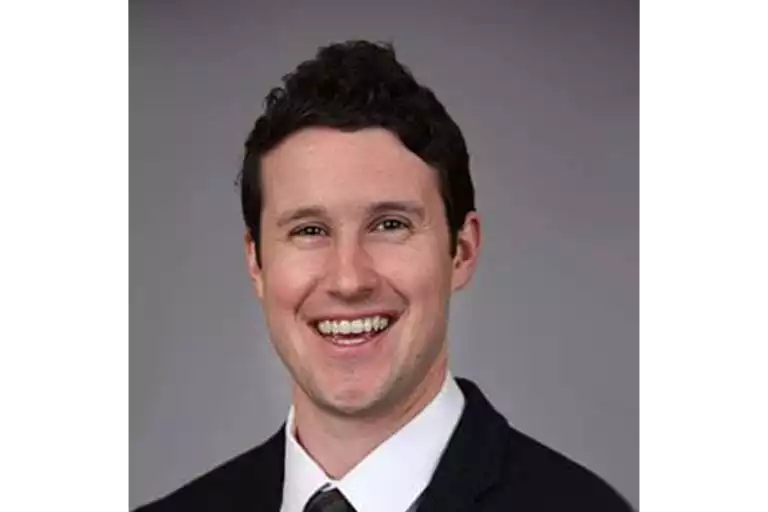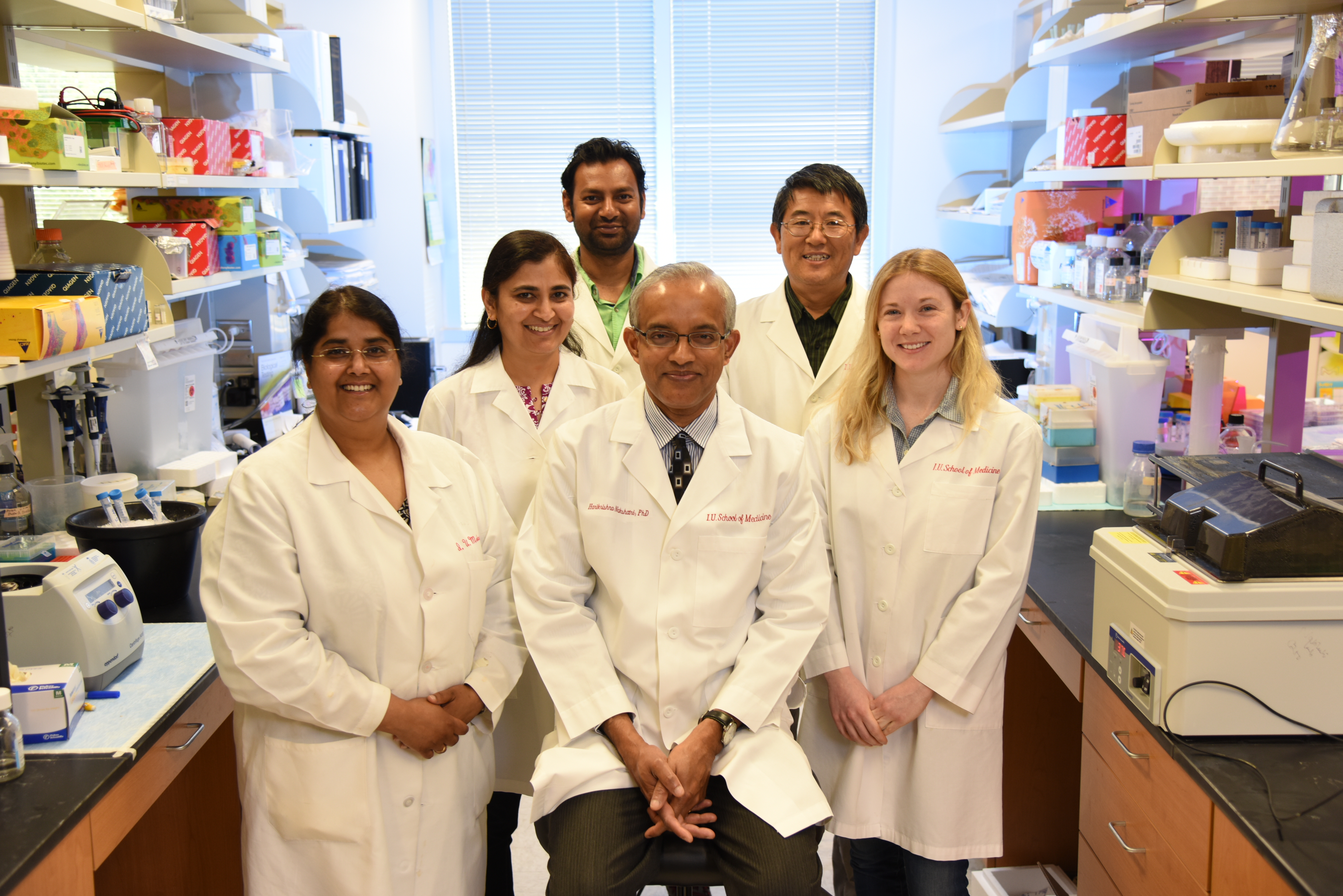Translating basic science discoveries into clinical trials
The Tumor Microenvironment & Metastasis (TMM) research program facilitates discoveries that lead to clinical trials in collaboration with other IU Simon Comprehensive Cancer Center teams.
The Tumor Microenvironment & Metastasis (TMM) research program facilitates discoveries that lead to clinical trials in collaboration with other IU Simon Comprehensive Cancer Center teams.
To identify pathways, mechanisms, and molecular targets alongside model development within the tumor microenvironment that impact tumor cell survival.
To understand systemic consequences of tumor, metastases, and treatment in the macroenvironment of the host including muscle wasting and bone loss.
To identify tumor-intrinsic pathways, mechanisms, and molecular targets that lead to tumor development and progression.
To understand molecular mechanisms of metastasis through bioengineering, genetically engineered mouse models, and targeted therapies.
In November 2021, the National Cancer Institute awarded D. Wade Clapp, MD, an $11.4 million grant to continue his work developing new treatments for tumors that develop in neurofibromatosis type 1 (NF1), the most common inherited syndrome causing a predisposition to cancer.

Dr. Clap’s research is a prestigious Specialized Program of Research Excellence (SPORE) named for its target: DHART Developmental and Hyperactive Ras Tumor.
In addition to his NF1 investigations, Dr. Clapp is also a beloved pediatrician at Riley Children’s Hospital and influential mentor at IU School of Medicine.
More about DHART SPORE:
More about Dr. Clapp:

LSD1 and CoREST2 potentiate STAT3 activity to promote enteroendocrine cell differentiation in mucinous colorectal cancer.
Cancer Res. 2025 Jan.
Spatial Gene-Expression Profiling Unveils Immuno-oncogenic Programs of NF1-Associated Peripheral Nerve Sheath Tumor Progression.
Cancer Res. 2024 Mar.Jing Su, PhD, using the nation’s largest COVID-19 data resource, found the COVID-19 vaccine protected most cancer patients from getting COVID. However, patients with certain types of cancer have a higher and widely varied risk of breakthrough COVID infections after receiving the COVID vaccine.

Su led a team of 13 investigators from 10 research institutes across the country to analyze data from the National COVID Cohort Collaborative (N3C) at the National Institutes of Health. Their findings could help guide clinical care and treatment for cancer patients with COVID, Su said.




